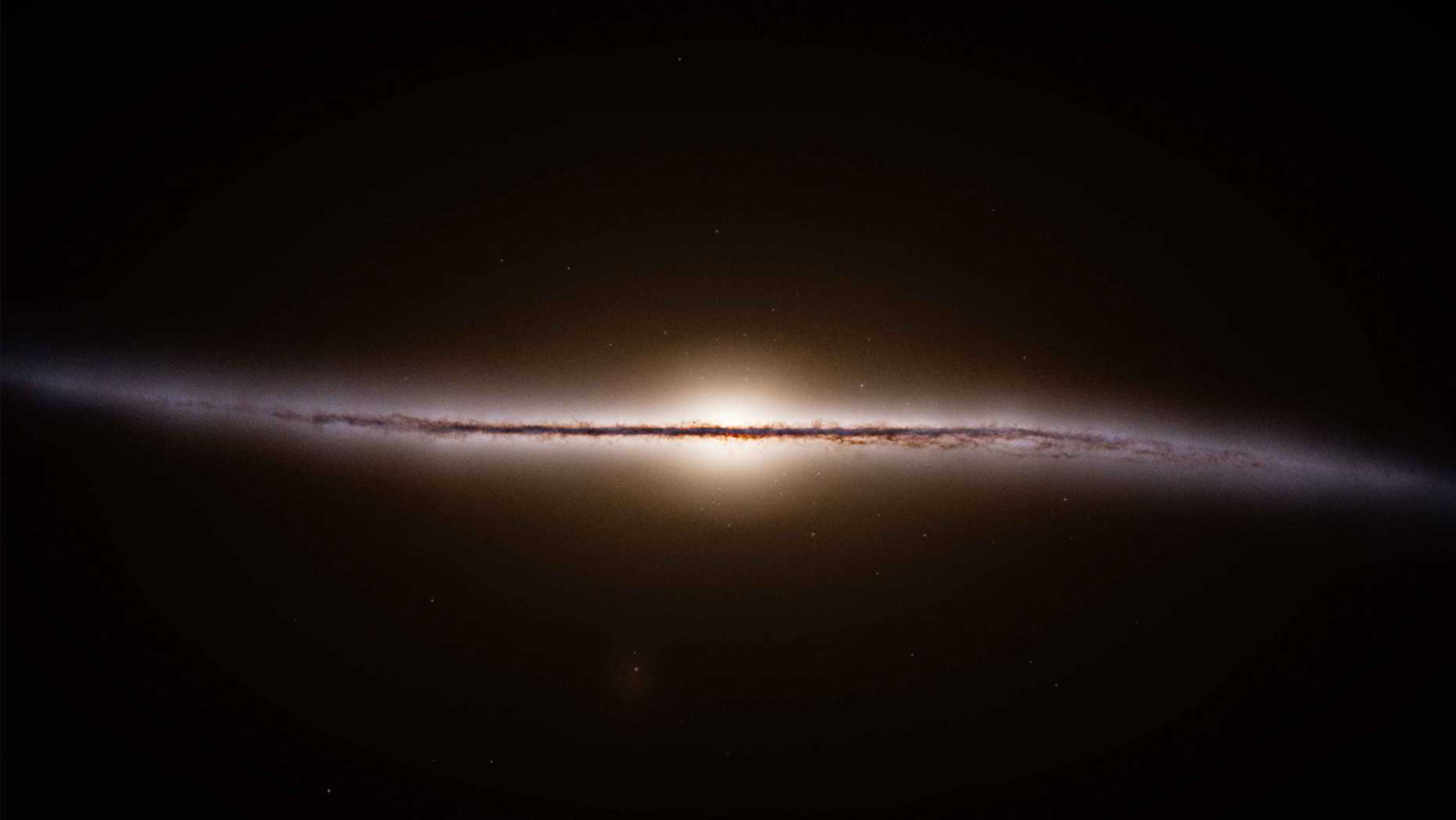News & Events
Latest news
Higgs, hadrons, big ideas: CERN experiments receive Breakthrough Prize

At a ceremony in Los Angeles on 5 April, the four major experimental collaborations at CERN’s Large Hadron Collider (LHC) – ALICE, ATLAS, CMS and LHCb – were awarded the prestigious Breakthrough Prize in Fundamental Physics.
In the search for life on exoplanets, finding nothing is something too

A team led by researchers at ETH Zurich's Institute for Particle Physics and Astrophysics studied what insights can be gained from a 'no life detected' scenario in future exoplanet surveys.
From prototypes to products

An interview with D-PHYS alumnus Dr Leonardo Facheris, R&D Engineer at Sensirion.
Elementary-particle detectors, 3D printed

An international collaboration headed by researchers in the Department of Physics has shown that additive manufacturing offers a realistic way to build large-scale plastic scintillator detectors for particle physics experiments.
Crystal lattice at a distance

Researchers at ETH Zurich have developed a method that makes it easier to study interactions between electrons in a material. Using a moiré material consisting of twisted atomic layers they created an artificial crystal lattice in a neighbouring material.
Simon Storz wins the first Quantum Entanglement Prize

The researcher received the award for his leading work on a loophole-free Bell test with superconducting circuits and for his enthusiasm for science communication.
Four SNSF Advanced Grants go to ETH Zurich researchers

A biologist, a neuroscientist, a materials scientist and a physicist have each been awarded one of the prestigious grants of the Swiss National Science Foundation.
Good news for gamma-ray astronomy

The latest development on the Cherenkov Telescope Array Observatory brings a step closer the prospect of new insights into some of the most energetic phenomena in the Universe.
Breaking new ground: Doubling down on neutral-atom quantum computing

Wenchao Xu works on arrays of optically trapped neutral atoms that combine two atomic species in a way that offers a new platform for advancing quantum science and technology.
Nurturing quantum connections

As the speaker at this year's Paul Bernays Lectures, Michel Devoret discussed quantum information processing with superconducting circuits – and took the time to find out about the variety of research activities in the physics department, too.